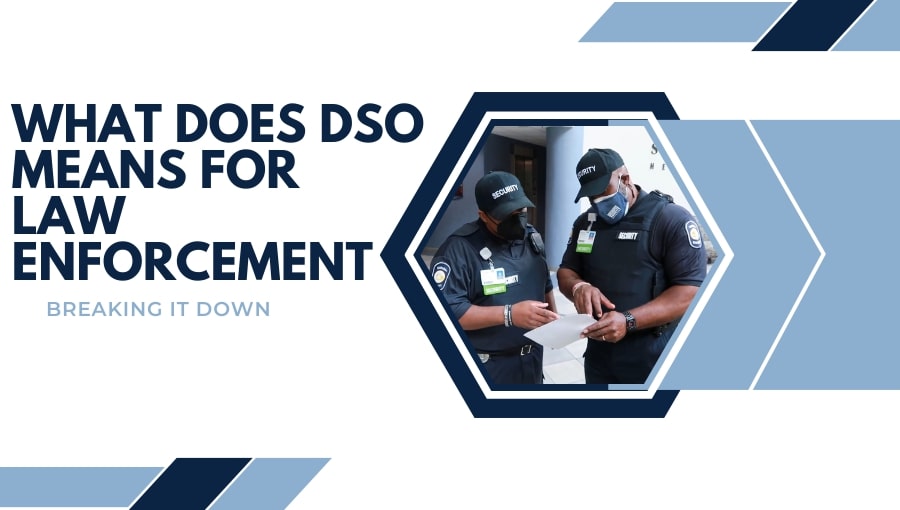In the world of law enforcement, there are a wide variety of specialized terms and acronyms that can be difficult to decipher for those outside of the field. One such acronym is DSO, which stands for Domestic Security Officer. DSOs are typically responsible for protecting individuals, families, and property from threats related to domestic security, including terrorism, cyber-attacks, and other forms of criminal activity. In this article, we will explore what DSO means in police terms, what their roles and responsibilities entail, and how they contribute to maintaining public safety.
Definition of DSO
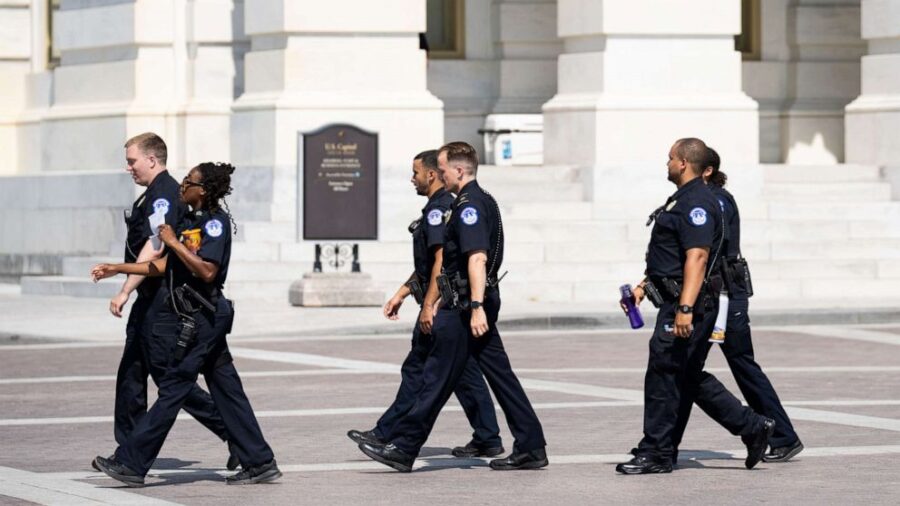
Domestic Security Officer (DSO) is a term used by police departments in the United States to describe a police officer who works in the field of domestic security. This type of officer is responsible for safeguarding the public and their property, as well as providing assistance to victims of domestic violence and other types of crime.
Let’s take a look at what a DSO is and what they do.
US
Domestic Security Officer (DSO) is a title given to police officers who are responsible for protecting the security of individual citizens inside the United States and its territories. While the actual duties of a DSO will vary depending on the type of department they work for, most often they focus on personal safety and risk management.
The primary role of a DSO is to ensure that people’s lives and personal property remain safe from potential threats in their communities. To achieve this goal, DSOs typically provide education and support to local organizations on topics related to safety, security, and emergency preparedness. They also work with local authorities to develop programs aimed at reducing crime in their neighborhoods.
DSOs may also be called upon by local governments during times of crisis, such as natural disasters or acts of terrorism. In such situations, their role may include coordinating resources, providing intelligence gathering and analysis, helping with evacuation plans, or assisting with incident response measures during major events. Additionally, DSOs may be asked to participate in task forces or joint law enforcement operations throughout their region or country.
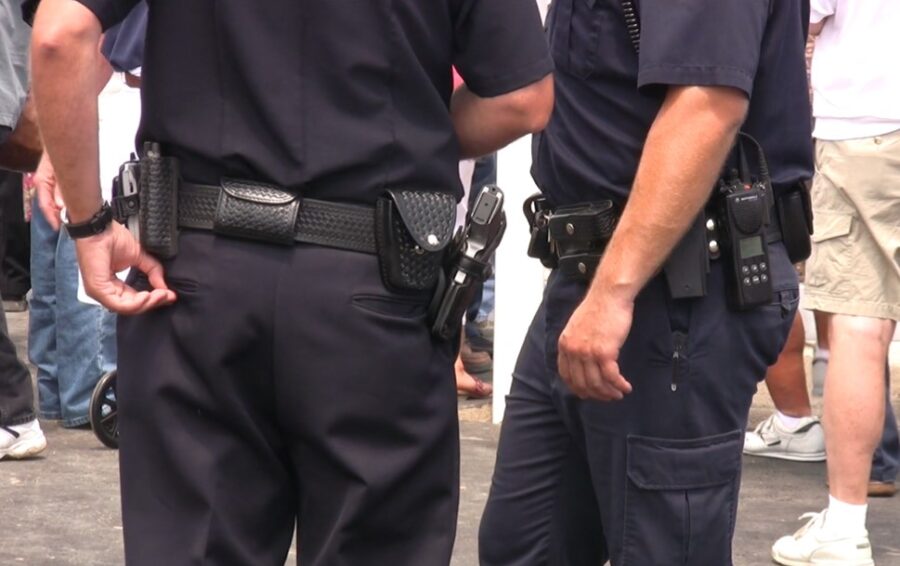
UK
In the UK, a Domestic Security Officer (DSO) is an appointed armed police officer in charge of protecting critical infrastructure as well as providing physical security measures at public events and places. The term DSO comes from the acronym for Domestic Security Officer, which was initially used in the UK to refer to personnel belonging to HM Prison Service.
A DSO has the responsibility for preventing and responding to dangers arising from terrorist attacks, organized crime, or any other threat that affects people at home or abroad. The term is also sometimes used more generally to describe officers whose roles involve the protection of vulnerable individuals or securing the transportation of goods in transit.
In recent times, there has been a broadening of the roles that fall within the domain of a DSO. In some UK airports, such as London’s Heathrow, paramilitary-style ‘DSOs’ are employed by private security companies who are contracted out by central sources such as world governments. In these cases, they may have additional policing powers during particular public events where national security could be compromised if left unprotected.
The broader responsibilities enjoyed by DSOS have brought with them increased visibility in both media coverage and public awareness of their role within society; this increased presence has helped further refine their overall purpose and mandate.
Duties
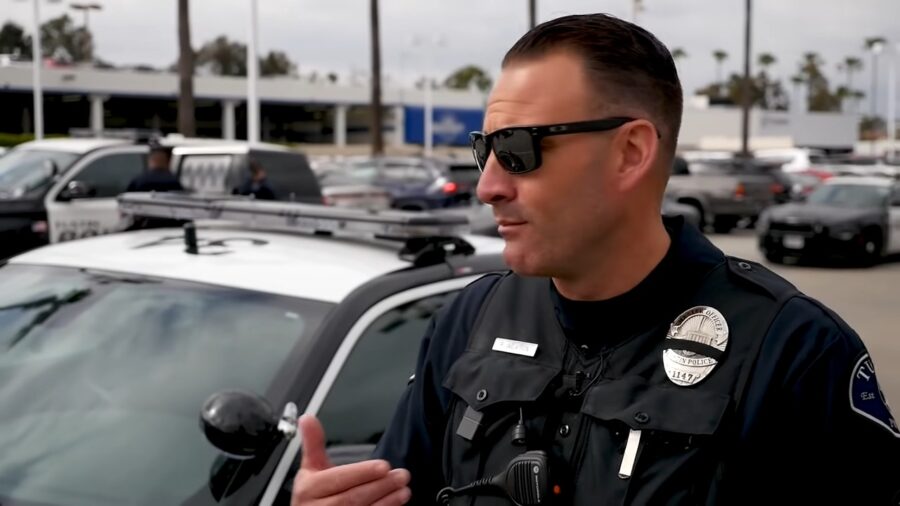
As DSO, they are expected to conduct patrols and check for suspicious activity and hazards in the area. They may also be tasked with providing evidence in court or giving testimony regarding criminal activities.
Let’s take a closer look at the duties and responsibilities of a DSO.
US
Domestic Security Officers (DSOs) are highly trained counterterrorism agents that have the duty to protect the United States and its citizens from domestic and international terrorist threats. These security professionals are responsible for monitoring intelligence activity and working closely with other agencies to identify, disrupt, or neutralize terrorist operations.
The following is an overview of the roles and responsibilities of DSOs:
- Oversee the implementation of risk-reduction strategies designed to protect citizens from domestic terrorism.
- Monitor, analyze, and respond to changes in domestic terrorism threats at home and abroad.
- Work closely with law enforcement and intelligence agencies to coordinate security operations aimed at preventing terrorist attacks.
- Establish partnerships with government officials, public safety organizations, local community representatives, private businesses, non-profit organizations, and other stakeholders to proactively address potential conflict threats.
- Provide tactical guidance in developing plans for countering terrorism within US borders.
- Track suspicious behavior through surveillance measures as well as physical inspections of areas that have been identified as high risk for potential terrorist activity.
- Monitor news sources in order to detect any activity related to occurrences or supporters of terrorism in the United States or abroad.
- Assist in training teams dedicated towards counterterrorism measures including Joint Terrorism Task Forces (JTTF).

UK
In the United Kingdom, the duties of a Domestic Security Officer (DSO) are to provide high visibility security at a variety of locations which may include residential areas, business premises, retail units, and educational establishments. DSOs are responsible for proactively patrolling sites to deter criminal activity and responding to any security incidents which may occur.
In addition to their patrol duties, DSOs are trained to provide personnel with clear advice on how to secure their own premises by providing specific tactical advice when inspecting sites. They also serve as an extra level of deterrence when they notice suspicious behavior while on patrol.
As part of the role, DSOs participate in regular meetings with other members of law enforcement and support agencies such as local authorities in order to form intelligence assessments on security matters. This is important in order for a comprehensive overview of threats that may arise for certain areas/establishments in the future.
Responsibilities also include completing administrative tasks such as submitting reports about daily activities, keeping detailed records for goods received/released at respective sites, handling customer inquiries and complaints where necessary, and recording any criminal activity from suspects including possible evidence collection.
Qualifications for a DSO

Domestic Security Officers (DSO) are responsible for carrying out security-related activities in their assigned area. To become a DSO, you must possess certain qualifications which include training, experience, and a strong knowledge of security protocols.
In this section, we will look at the qualifications that are needed to become a DSO.
US
The United States Domestic Security Officer (DSO) qualification program is designed to provide high-level training and qualifications for police officers working in domestic security operations. This type of program is required for any law enforcement officers that perform duties related to the protection of a public facility, infrastructure or personnel as it relates to homeland security or native law and order.
DSO qualifications are tailored to specific functions within the law enforcement agency, based on roles and responsibilities assigned to the officer by their respective supervisors or department heads. All US DSOs must adhere to these guidelines as part of their mandatory job requirements:
- Possess at least two years of experience working in domestic security operations; either with local, state, or federal authorities.
- Successfully complete a comprehensive DSO training course offered by an accredited institution; passed all competency evaluations with a minimum score of 80%.
- Must pass employers’ physical ability and psychological fitness test (at entrance/exit interviews).
- Maintain current certifications in firearms, defensive tactics, and crowd control techniques at all times.
- Have knowledge and understanding of current Departmental practices and procedures as it pertains to domestic security operations.
- Be able to lawfully carry out all duties assigned while adhering to policies and laws mandated by local, state, and federal agencies.
UK
These qualifications are based on the Domestic Security Officer Skills Framework UK and the Security Industry Authority’s licensing requirements. In order to become a DSO, applicants must hold a valid UK Security Industry Authority license allowing them to perform security services. The level of license obtained depends on what type of security services are being provided.
In addition, DSOs must have sound knowledge and understanding of security operations; be well-versed in the principles of customer service; complete the necessary mandatory training courses; and successfully complete an assessment conducted by a UK-approved organization or body.
The training courses which must be undertaken include basic mission planning, tactics, hostage rescue operations, and firearms handling skills as laid down in SIA legislation. All domestic security officers must pass tests for each subject demonstrating their competence in these areas as well as completing assessments in competence related to reports writing, health & safety, and equality & diversity regulations.
The qualifications also include physical fitness criteria which require all domestic security officers to prove that they meet pre-set criteria such as running 1.5 miles upon presentation for Duty or completing specific dynamic strength tests set by National Occupational Standards (NOS).
FAQs
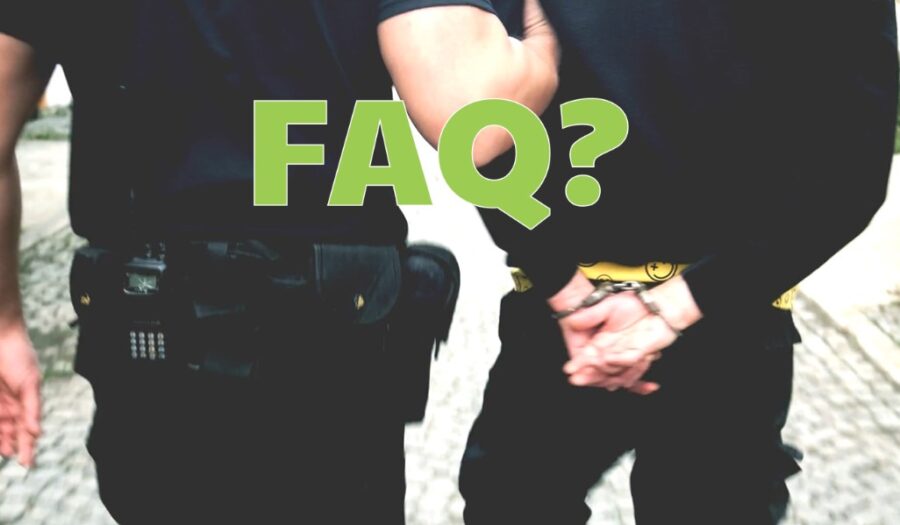
What kind of weapons can Domestic Security Officers carry?
The type of weapons that they can carry varies depending on the jurisdiction and organization. Generally, they are authorized to carry firearms, batons, and pepper spray.
What kind of situations do Domestic Security Officers respond to?
They respond to a variety of situations, including domestic disturbances, theft, vandalism, and suspicious activity.
What is the working schedule for Domestic Security Officers?
The working schedule for them varies depending on the organization and the jurisdiction. Generally, they work in shifts and may be required to work on weekends and holidays.
What are some of the challenges faced by Domestic Security Officers?
They face several challenges, including dealing with potentially dangerous situations, diffusing conflicts, and maintaining a safe and secure environment.
Can Domestic Security Officers work in different jurisdictions?
No, they are typically assigned to a specific jurisdiction and are responsible for maintaining security and safety within their designated area.
What kind of benefits do Domestic Security Officers receive?
The benefits that Domestic Security Officers receive vary depending on the organization and the jurisdiction. Generally, they receive healthcare benefits, retirement plans, and paid time off.
What is the career path for Domestic Security Officers?
The career path for them varies depending on the organization and the jurisdiction. Generally, they can advance to supervisory positions or transition to other law enforcement agencies.
Can Domestic Security Officers work in private security?
Yes, they can work in private security and provide security services to residential communities, private establishments, and other organizations.
Conclusion
At the end of the day, it is essential to remember that all police officers have specialized roles and responsibilities within their respective organizations. It is important for civilians to better understand these roles and how they work together in order to ensure public safety.
In conclusion, domestic security officers (DSO) are a specialized category of law enforcement officer that specializes in monitoring, protecting and investigating against threats from within a nation or area’s domestic borders. DSOs are typically involved in investigations concerning terrorism, espionage, cybercrimes and violations of immigration law.
They also monitor local and international intelligence for potential threats originating from within the country itself. DSOs have the authority to issue arrest warrants on behalf of their departments as well as persecute individuals that may be linked with criminal activities related to applied homeland security laws.

